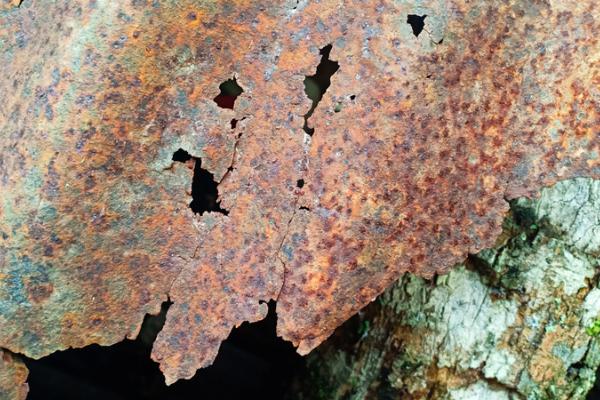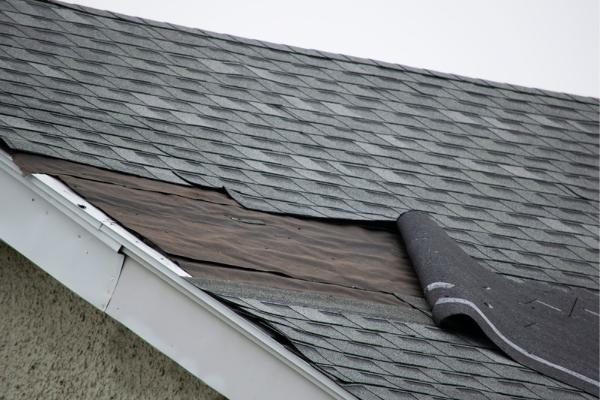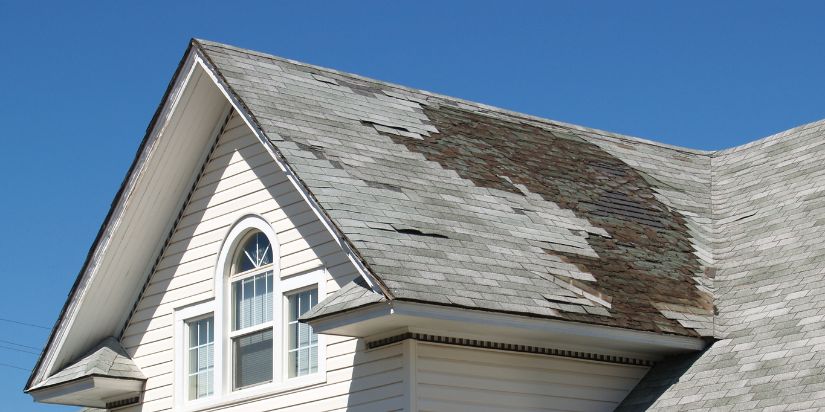A new roof is an expensive replacement for your home’s primary defense against the elements. So, you’ll want to be confident that the roofers you hire will know what they’re doing.
A lot of businesses out there will tell you one thing and do another. And unless you’re a roofer, you might have a difficult time finding a diamond in the rough. Fortunately, we have extensive experience in the roofing industry and can help you steer clear of scammers.
From checking reviews to monitoring inspections, there’s plenty you can do to avoid bad roof jobs and roofing scams. In this post, we’ll give you expert tips for what to do before, during and after installation to keep roofers from ripping you off.
What are the Most Common Ways Roofers Rip You Off?
Some roofers may resort to many illicit activities to make more money and attract more customers. As inoffensive as many of the following shortcuts might appear, they can cost you plenty of money in the long run if you fail to acknowledge them. Some methods are more common than others.
Here are some of the most common roofing scams to watch out for:
- Cutting corners with bad, old or outdated materials
- Limited or no ice and water shield
- Not replacing rusted or damaged flashing
- Fake storm damage
- No contracts
- Overpromising warranties
Keep reading to learn how to defend yourself against each of these tactics.
Cutting Corners with Bad, Old or Outdated Materials
Relying on poor materials to keep prices attractively low is common. Materials should always come in sealed packages and maintain high American Society for Testing and Materials (ASTM) ratings.
However, overpriced materials are as big offenders as shoddy materials. Instead of using cheap materials to attract customers, some roofers will hide the fact that they use overpriced materials to hike up the price of their labor.
Roofers also need to replace metal components that have accumulated rust. Residences must meet standards as businesses do, and roofers might fail to include replacement parts that keep your home up to local code. At the end of the day, if roofers won’t tell you how or from whom they receive materials, something fishy is going on. They’re trying to milk you.

Roofs often have rusty metal components to replace.
Limited or No Ice and Water Shield
Ice and water shield Should go 24 inches beyond the heated wall. This will likely mean you need 3-6 or more feet around all eaves and in valleys. These barriers are important because they keep ice dams from forming and causing leaks in your home. So, be wary of roofers who don’t use enough to extend the full amount and try to cut costs.
Once the workers install the roof, it’s impossible to tell if they used enough ice and water shield from the ground. So, always doublecheck to make sure they’re using the right among before they install your roofing system.
Not Replacing Rusted or Damaged Flashing
When roofing companies provide estimates, flashing is a common oversight. Flashing is an intermediate set of metal parts that covers a roof’s seams. It also protects the gaps where the walls meet the roof and elements like skylights, chimneys and vents. It’s not a big part of the roof, but it’s one of the most important components that defends homes from the elements.
If a roof leaks, it’s usually because the flashing is defective. So, make sure your roofers are prepared to work with flashing.
Fake Storm Damage
Scheduling an inspection is an important step to take after a bad storm, but some roofers will take advantage of this. They’ll tell you that your home has sustained roof damage without conducting an actual inspection. That your home has sustained damage is entirely possible, but you can’t know for sure without a proper inspection from a genuine roofer.

A couple storms can tear poorly installed shingles right off.
No Contracts
The worst offenders ask for down payments without providing any information regarding contracts and warranties. Especially among small businesses, contracts are the only items tethering roofers to responsibility. If your roofers aren’t willing to declare what they’re about to do in writing, that’s a red flag.
Overpromising Warranties
That’s right! If a warranty sounds too good to be true, it most certainly is. How can a business that’s been open for a year promise a 50-year warranty? If this business goes belly-up in the next few months, no one’s ever going to deliver on that warranty. Trusting word of mouth is off-limits.
Sometimes, shingles have lifetime warranties, but “lifetime” doesn’t actually mean anything specific. A lifetime can last anywhere from 20 to 80 years, depending on how adventurous you are. Any component is going to depreciate after 30 years. Sooner or later, you’ll have to pay for extra warranties, so there’s little reason to cash in on a suspiciously effective warranty.
Why Do Roofers Have a Bad Reputation?
Homeowners often lament that roofers are so unreliable. Every industry has its share of bad eggs, but roofing involves a lot of small businesses working directly with customers, so local roofers take direct responsibility for dishonest behavior. Certainly, there are big-name brands who’ve settled millions of dollars in lawsuits for shoddy work, but good advertising and reputation management keep these lawsuits from damaging public image.
You may not consult reviews for a chain restaurant, but you will for a Mom-and-Pop Shop. If a local roofer rips someone off, reviews are much more condemning, superficially lowering reputations among all roofing companies.
How Can I Recognize a Bad Roof Installation?
Signs of a bad roofing job aren’t easy for untrained eyes to see, but a cursory cleanup is the easiest red flag to spot. Leaving leftover material and otherwise failing to clean up is completely unprofessional.
Did the roofers complete intermediate inspections during installation, or did they only perform an initial one? Did they have permits and comply with those permits during installation? As little as you may know about roofing, reputable roofing companies won’t forget these important details.
The true test will be the first couple of storms your roof weathers. That’s when you’ll notice leaks and drafts. Ask about any problems, and responsible roofers will return to take a look and provide a fix.
How Do I Know if a Roofing Company Is Legit?
Examining reviews is the most effective way to size up the company you’re dealing with, especially if those reviews address contracts and warranties. How many reviews are there, and how trustworthy are they? Companies can lie about how good they are, but they can’t lie about how long they’ve been so good. 100 good reviews in three days make little sense for any company, big or small.
If the reviews check out, look up the company’s licenses. Do they have licenses, and how long have they had licenses? Are those licenses in good standing? If a roofing company is good enough for expert vendors, it’s good enough for homeowners.
Renowned Building Solutions Keeps Promises
All the negative reviews out there might make a trustworthy roofer seem difficult to find. From automatically favoring replacements over repairs to withholding contracts, roofing companies have plenty of opportunities to rip people off. But not all roofers are bad, and we’re here to change the status quo.
Renowned Building Solutions keeps jobs ethical with standard three-page contracts that include everything down to details like color and ventilation. A 17-point checklist keeps us sharp and focused. We also use it for every job. We conservatively address things like materials, special requests, responsibilities and expectations. As a proud member of the National Roofing Contractors Association (NRCA), we have great reviews, an A+ rating from the Better Business Bureau and certification to install materials from Owens Corning and CertainTeed.
We’re great communicators who cover all bases on paper. Our full staff is ready to chat anytime during regular business hours. For more information about roof replacements, please call us at 844-736-6961 or email us at info@renownedgc.com.



